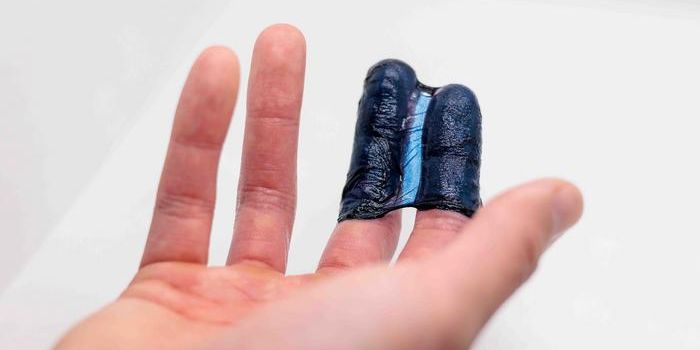Cardiac rehabilitation following heart surgery is reasonably linked with a reduced risk of death, but this connection is especially important for depressed patients. Depression has long been linked to poor outcomes following cardiovascular surgery, and a new study highlights the life-saving effect of following surgery with rehabilitation.
"We know the presence of moderate to severe depressive symptoms prior to cardiovascular surgery is a major risk factor for death, but our study shows that if those patients attend cardiac rehabilitation, their risk for death decreases significantly," said lead author Viet Le, MPAS, PA, from the Intermountain Medical Center Heart Institute.
Le and his team analyzed information from 118 patients who underwent cardiovascular surgery, examining results from a nine-question survey from before the surgery.
Based on the results from the survey, patients from the study were placed in one of two groups: zero to mild depression or moderate to severe depression. Researchers followed each patient after their surgery to track their health status and connect anything back to their depression status.
After the study was over, just over six percent of patients who responded with zero to mild depression had died, but around 25 percent of the patients who responded with moderate to severe depression had died. For the latter group, attending cardiac rehabilitation significantly reduced their risk of death, by nearly 75 percent.
"We think cardiac rehab helps patients to manage their expectations as they return to work and life," Le said. "This comes from having a support group of fellow patients who may be further along in their rehab, as well as having exercise and activity protocols managed by experienced staff who can encourage consistent follow-up as well as 'slow' an overly enthusiastic patient. Getting patients out of their home after surgery, where they may overthink the effects of the disease, to a place where their job is to heal can enhance not only their physical recovery but their emotional health."
In the future, Le and his team plan on looking for other factors that help reduce the risk of death for depressive patients following heart surgery. For now, it’s clear that rehabilitation is helpful, even life-saving.
Source:
Intermountain Medical Center









